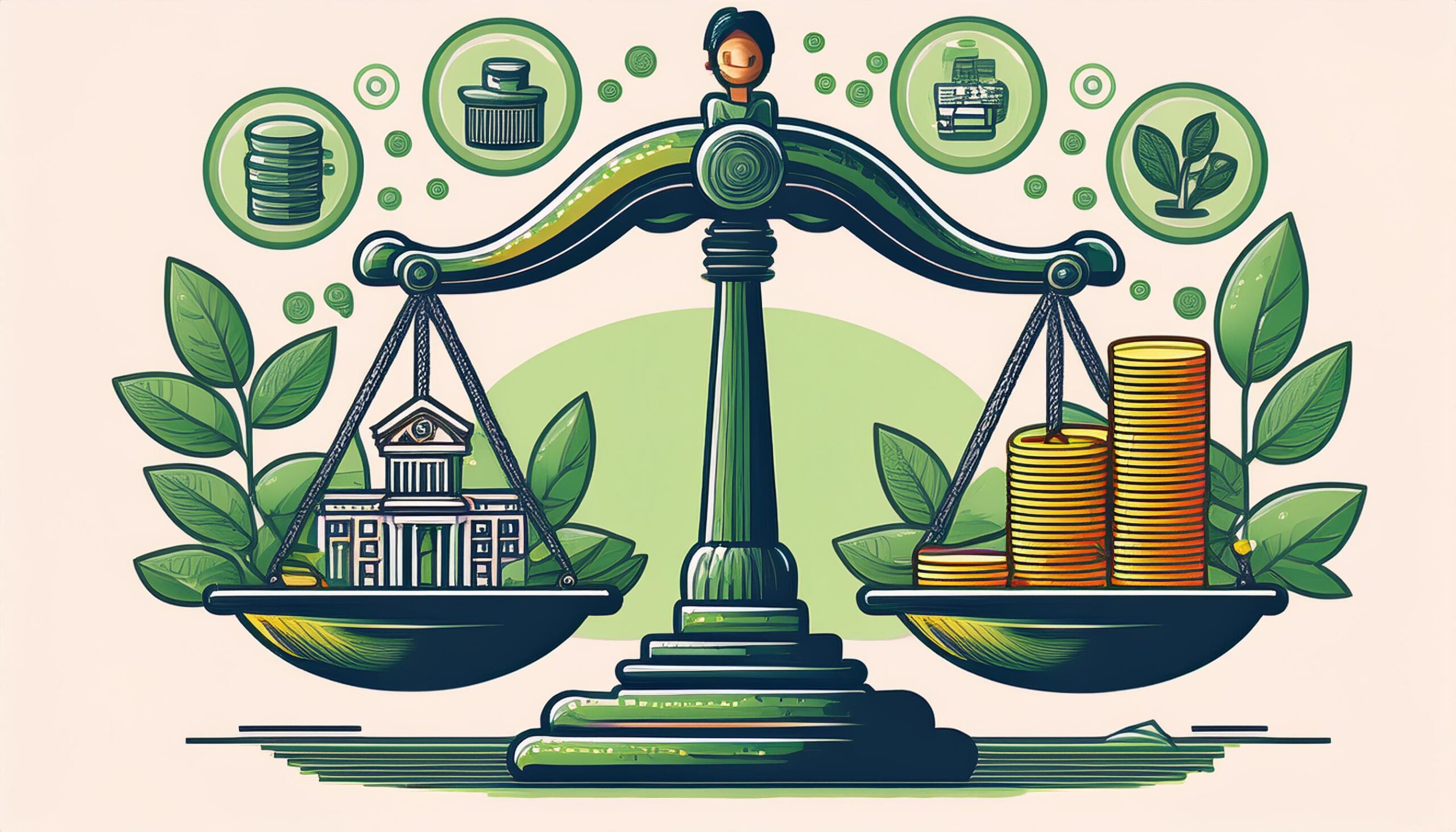The debate surrounding the legalization and regulation of illicit substances has gained momentum globally. While much of the focus has been on cannabis, a broader approach encompassing all illicit substances reveals significant economic benefits. This article explores how legalizing and regulating these substances can transform economies, supported by research and real-world examples.
Legalizing all illicit substances presents an opportunity for governments to generate substantial tax revenue. By regulating these markets, governments can impose taxes similar to those on alcohol and tobacco. This revenue can be directed towards public services such as healthcare, education, and infrastructure. For instance, a report by the Institute for Economic and Peace estimated that legalizing all drugs in the United States could generate up to $106.7 billion annually in savings and tax revenue. This figure considers not only direct taxation but also savings from reduced enforcement costs .
The legal drug market has the potential to create a vast number of jobs across various sectors, including production, distribution, retail, and regulation. The economic impact of job creation extends beyond direct employment, as it also boosts ancillary industries such as agriculture, logistics, and technology. For example, in countries that have decriminalized drugs, like Portugal, the focus has shifted to public health, creating new jobs in healthcare and social services .
Decriminalizing and regulating illicit substances would significantly reduce the costs associated with law enforcement, judicial proceedings, and incarceration. In the United States, the war on drugs has cost over $1 trillion since its inception, with a large portion allocated to arresting and prosecuting non-violent drug offenders. A report by the American Civil Liberties Union (ACLU) found that these efforts cost taxpayers approximately $3.6 billion annually for cannabis alone. Expanding this to all illicit substances would result in even greater savings .
While not purely economic, the regulation of all drugs would likely improve public health outcomes and safety, indirectly benefiting the economy. A regulated market ensures quality control, reducing the incidence of drug overdoses and poisoning from adulterated substances. This shift can decrease the burden on healthcare systems and improve workforce productivity. A study published in The Lancet Public Health journal highlighted how decriminalization in Portugal led to a significant reduction in drug-related deaths and HIV infections .
Countries that have embraced drug decriminalization and regulation have seen an uptick in tourism, particularly from visitors interested in exploring regulated markets. Moreover, the legal drug market attracts substantial investment, both domestic and international. Investors are eager to capitalize on this emerging industry, driving economic growth and innovation. The global market for legal drugs is projected to grow significantly, offering lucrative opportunities for businesses and investors alike .
The economic benefits of legalizing and regulating all illicit substances are multifaceted. Beyond generating substantial tax revenue and creating jobs, it also reduces law enforcement costs, improves public health, and attracts investment. As more countries and states consider this comprehensive approach, the potential for positive economic impact becomes increasingly evident.
For further reading, check out the studies and reports linked below:
• Institute for Economic and Peace Report
• American Civil Liberties Union Report on Drug Law Enforcement Costs
• The Lancet Public Health Study on Portugal’s Decriminalization
